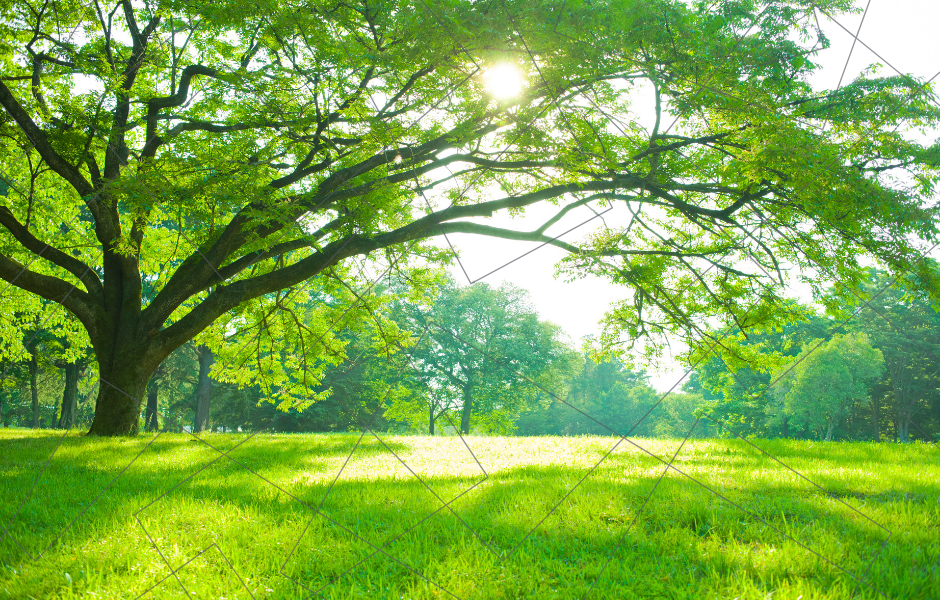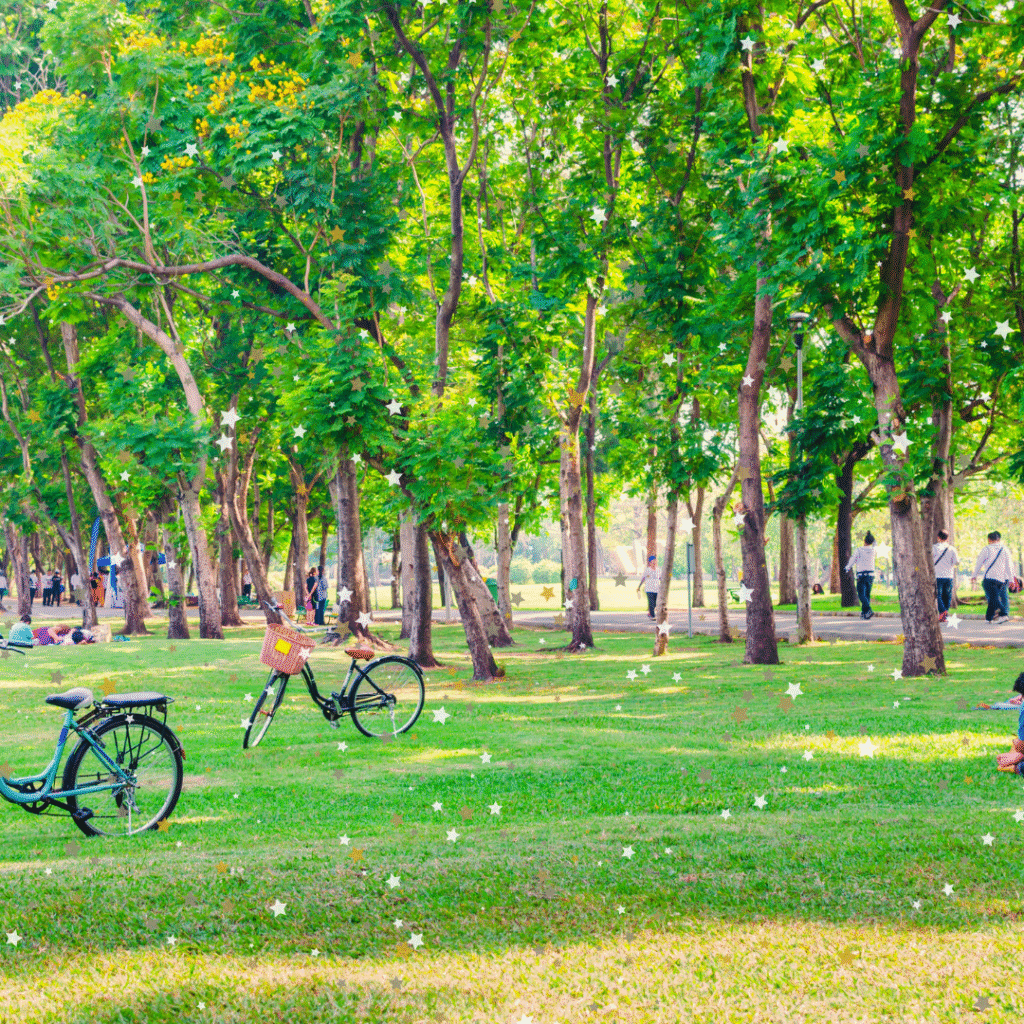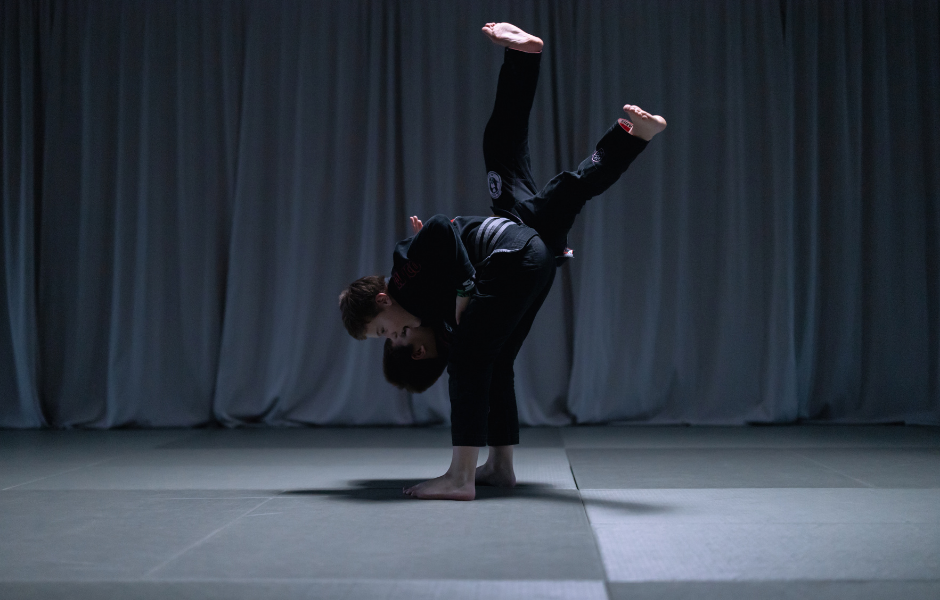
This children’s article, Tree power! Why the world can’t live without them, has been written for native English speakers and learners of English as a second or foreign language. It can help children practise reading and comprehension, learn useful vocabulary, and explore the amazing ways trees help the planet. Written by Mark Pulley, a children’s writer and EFL teacher with eight years’ experience.
Amazing facts about trees
Trees are more than just tall plants that we climb on or use as football goalposts, they’re nature’s superheroes!
In this article, we’ll explore some amazing facts about trees and why they are so important for life on Earth. From cleaning the air to protecting us from dangerous storms, trees do so many cool things!
Breathe in… and thank a tree!
Trees take in a gas called carbon dioxide from the air and use it to grow. Not only is this really important because carbon dioxide is one of the gases that causes climate change, but in return, trees release oxygen, the gas humans and animals need to stay alive.
So, simply put, if there were no trees, there’d be no humans.
Trees also act like giant air filters. Their leaves trap dust, smoke, and even tiny bits of pollution from the air. Some countries plant trees in huge rows to block strong winds and sandstorms. One row, called the Great Green Wall of Africa, stretched the whole width of Africa. That means it’s about 8,000km long!
No slipping! Trees hold the earth together
Trees are just as important underground as they are above it. Their roots hold the soil together and stop it from being washed away by rain, blown away by strong winds or even from being totally destroyed by ocean waves or fast-moving rivers. In dry areas, tree roots can help stop deserts from getting bigger. Their roots stop the soil from blowing away, and their shade helps the ground stay cool and moist.
This problem, known as land erosion, proves that without tree roots to protect it, the land can quickly disappear. That’s why protecting trees helps protect the ground beneath our feet.

Chill out under the branches
Have you ever stood under a tree on a hot day and felt much cooler? That’s not only because trees give shade, but they also release water through their leaves, cooling the air around them.
In cities, trees can help lower the temperature by a few degrees on a hot day.
So next time you see a tree, remember, it’s not just standing there. It’s working hard to help you, me, and the whole planet!
Learn more about why we need trees on the Woodland Trust website.
Article vocabulary list
- Oxygen – the gas we breathe that helps us stay alive.
- Carbon dioxide – a gas that trees use to grow and that adds to climate change.
- Pollution – dirty or harmful things in the air, water, or ground.
- Absorb – to soak up or take in something like a sponge.
- Climate change – long-term changes in the Earth’s weather, often caused by pollution.
- Soil – the top layer of the ground where plants grow.
- Roots – the part of a plant that grows underground and takes in water and nutrients.
- Sandstorm – a storm with strong winds that blow sand through the air.
- Shade – the cooler, darker area made when something blocks the sun.
Comprehension questions
Just click the plus (+) to see the answer
1. What gas do trees take in from the air?
A. Oxygen
B. Carbon dioxide
C. Hydrogen
B. Carbon dioxide
2. How do trees help clean the air?
A. They stop rain from falling
B. Their leaves trap dust and pollution
C. They blow air away with their branches
B. Their leaves trap dust and pollution
3. What do tree roots do for the soil?
A. They make it dry
B. They wash it away
C. They hold it together
C. They hold it together
4. How do trees help during sandstorms?
A. By creating more sand
B. By blocking strong winds
C. By growing faster
B. By blocking strong winds
5. Why does it feel cooler under a tree?
A. The leaves heat up the air
B. Trees give shade and release water
C. Trees make wind
B. Trees give shade and release water

Mark is a writer and EFL teacher from England with eight years’ experience. He’s passionate about travel, sport (especially football), animals, nature, and history, and enjoys helping children explore the world through language and learning.




